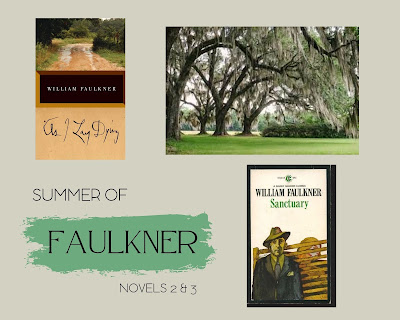This might sound trite, or too on-the-nose, but reading Flights, Olga Tokarczuk’s unique book about many things under the umbrella of “travel” is like taking a journey. The best kind of travel journey, where you meander down one road to discover something that wasn’t in any of the guidebooks or maps. I’m not even sure how to describe this read, this wholly original book.
At times, it reminded me of another book with a big impact
on me: Outline by Rachel Cusk. In that book, our narrator never
introduces herself in a traditional way, and we learn about her as she moves through
the world and interacts with others—thus, an outline of the person she is
emerges. In Flights, Tokarczuk introduces herself from the start. She
relays some of her earliest memories and talks about her parents’ methods of travel
and therefore, her childhood exposure to the concept. After her parents spent
time at a campsite or abroad, like most of us, they’d return home to jobs and
bills and a worn path in the carpet of their flat. But the author claims her
divergent path:
“That life is not for me. Clearly I did not inherit whatever gene it is that makes it so that when you linger in a place you start to put down roots. I’ve tried, a number of times, but my roots have always been shallow; the littlest breeze could always blow me right over…My energy derives from movement—from the shuddering of buses, the rumble of planes, trains’ and ferries’ rocking.”
And then, unlike Cusk’s traditionally undefined narrator, Tokarczuk gives a full run-down of herself:
“I have a practical build. I’m petite, compact. My stomach is tight, small, undemanding. My lungs and my shoulders are strong. I’m not on any prescriptions–not even the pill—and I don’t wear glasses.”
Etc., until the focus narrows.
“My abdominal aorta is normal. My bladder works. Hermoglobin 12.7. Leukocytes 4.5. Hematocrit 41.6. Platelets 228.”
And more!
Why? Again, it’s hard to describe this book, which meanders down so many paths having to do with travel and permanence, moving and staying, life and death. There are stories heard during travel, stories about people met and places visited. There are conversations relayed from life on the road: on plane trips, in foreign cafes and bars, discussions had while waiting to go someplace else. And the book returns many times to meditations about the human body and everything it means to have one, as our physical forms fortify us, change, and die, as we move through time and space trying to find meaning in our relation to what lies beyond us.
Have you ever gotten into to your car to drive a familiar
route and sort of blank out at some point, not remembering the specifics of how
you progressed to your current location? Reading Flights reminded me of
that. At some point, I would pause and think “Huh. Now I’m reading about a slave
whose body was preserved against his family’s wishes,” or “Now I’m following the
travels of Peter I, tsar of the Russian Empire.” What all the meandering paths have
in common is always some consideration of travel, or the body, or both. Flights
is unlike anything I’ve read, with this tight focus on the topic while at the
same time, feeling that it’s going in every direction at once. You might be
thinking that it sounds like a frustrating or challenging read, and I will say
that maybe early on, I felt that way, as I wet my feet. But once you’re in, you’re
in, and the stories and segments wash over you easily, as if you’ve been the
passenger all along. The structure of the book itself, with its short sections
and asides, its starts and stops and recurring segments and themes, makes it
the perfect book to take on a journey, short or long. I believe the more I
think about this book, the more it will resonate. And it definitely made me
want to plan a trip.























